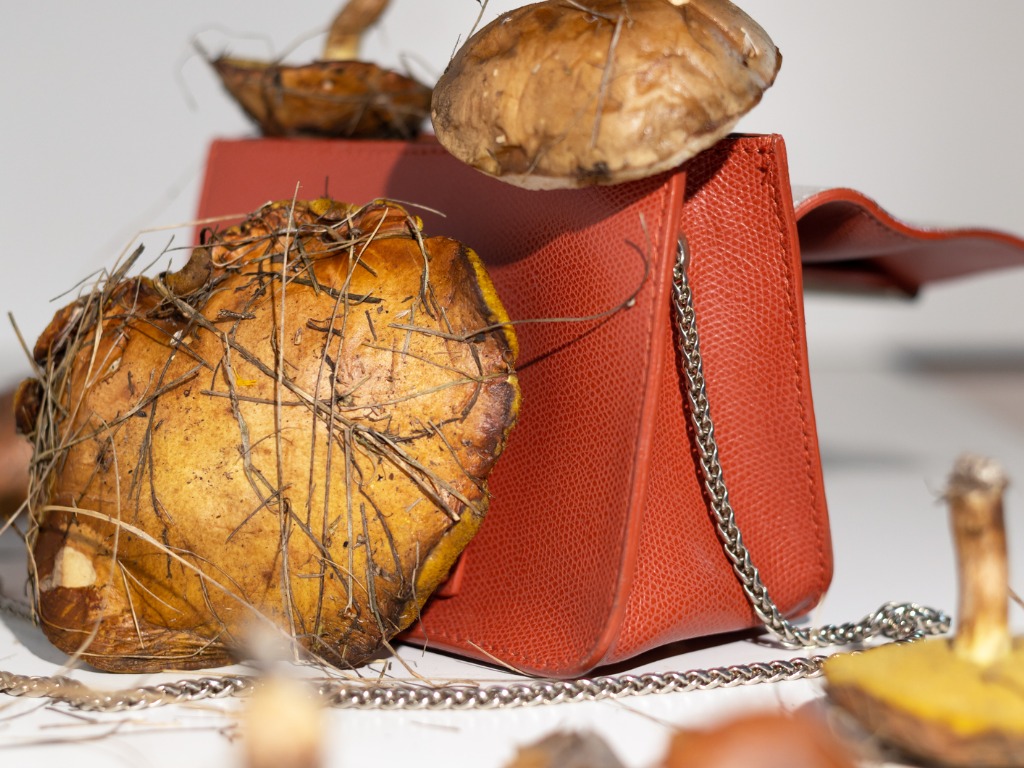Defra to introduce single-use plastics ban for hospitality businesses in England

The Department for Environment, Food and Rural Affairs (Defra) plans to introduce a complete ban on single-use plastics in England with the aim to reduce plastic pollution.
The legislation will apply to all food and drink offered by hospitality businesses, but consumers will still be able to buy single-use plastic items in supermarkets and other food retailers.
The Government has not yet confirmed when the ban will come into effect in England.
The decision comes in response to a public consultation on a proposal to ban single-use plastic plates, cutlery and extruded polystyrene cups and food and beverage containers, which was held between November 2021 and February 2022.
Figures from the Government show that around 1.1 billion single-use plates and 4.25 billion single-use cutlery items are used in England, with just 10% being recycled once thrown away.
According to the November 2021 consultation document, retail businesses will not be affected by the move. Single-use plastic goods in these settings are categorised as “primary packaging” and “fall outside the scope of the ban.” The Government has said it plans to tackle single-use plastics in retail but has not released any details on how or when it plans to do so. The full results and decision following the consultation will be published on 14 January.
Scotland and Wales have already introduced similar legislation over the last two years. Scotland’s ban on single use cutlery, plates, and expanded polystyrene food and drinks containers has been in place since June 2022, while the Welsh Government will bring its ban into force later this year.
In an interview with the Daily Mail, Environment Secretary Thérèse Coffey commented on the new legislation: “I am determined to drive forward action to tackle this issue head on. We know there is more to do, and we have again listened to the public’s calls.
“This new ban will have a huge imp act to stop the pollution of billions of pieces of plastic and help to protect the natural environment for future generations.”
The upcoming ban in England has been welcomed by many in the food industry, but some campaigners believe the move is not enough to tackle the problem of plastic pollution.
Megan Randles, Political Campaigner at Greenpeace UK, said: “Whilst it’s welcome that the Government’s finally banned certain items, we’re dealing with a plastic flood, and this is like reaching for a mop instead of turning off the tap.
“We need the Government to deliver a meaningful plastic reduction strategy, which means bringing in plastic reduction targets and a proper reuse and refill scheme.
“It’s time to stop pandering to industry lobbyists; stop promoting false solutions; and stop dumping our plastic waste in countries that have done the least to cause the climate crisis. Anything else is not global leadership on plastic.”
A growing number of companies have been working to develop more sustainable plastic packaging alternatives over the past couple of years – building solutions out of leaves and plant by-products, fruits and vegetables, and even seaweed and algae.
Find out how a major packaging company like Tetra Pak manages sustainability challenges in this Food Matters Live Podcast episode:








